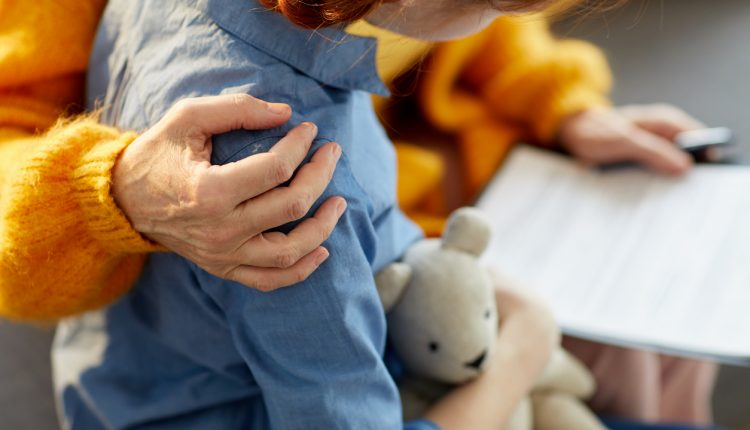What Are the Mental Health Implications for Kids During Divorce?
Divorces are always difficult, especially when youngsters are involved in the situation. Even though divorces are at a record low since 1973 in England and Wales, the media still pick up on it as if it is still a fairly large topic.
Alongside the devastating effect this has on the couple getting divorced, it can also cause issues that can have a major impact on the youngsters that are involved.
Not all divorces, however, last a long period of time like in the movies, but they can still cause upset and distress for everyone involved.
When a child’s parents or a loved one is getting a divorce, regardless of age, experiencing their family ripped in half can have a massive impact on their mental health. In this article, we will explore how divorce and the implications can affect children, and how you can minimise damage.
Changes for the child
The levels of change that is brought on by an event like a divorce is going to have a significant impact, no matter how old the child is. For a younger child progressing through their developmental years, having one parent moving out of the house can be confusing. It can be quite unclear as to ‘why mum or dad is no longer around all the time anymore’, and, ‘when we go to do something, why are mum and dad not doing it together, with me?’, when they are so young.
An older child can come to terms with divorce easier than those that are a lot younger, recent studies have suggested. Despite this, they are the most likely to bear the brunt of the effect of change. The breakdown of a marriage could mean them moving to a new house, moving school, or no longer seeing one of their parents. It could also mean the family is less well-off financially.
Because of this, it could end up having a large impact on a child’s mental health and their life. For example, in the past, your child may have been able to go away on a school trip each year with their friends, whether it be skiing or a pre-summer break.
Now, there may not be enough funds in the bank to pay for breaks because money is being spent on a mortgage or rent. This will irritate and upset a child who has adapted to such a lifestyle.
Child’s behaviour during divorce
During the divorce process, there can be various issues, such as understanding. This can happen when children and family law solicitors come into the situation. A failure to understand a certain situation can lead into frustration, and in many cases, this can result in anger.
Sometimes, when there is only one parent present, they will struggle to give out the same amount of authority that was once there and this cannot be easy to handle. Rather than dishing out punishment for bad behaviour, try to understand how the child feels.
An important factor to remember is that they are currently going through a whole host of emotions, which can be quite overwhelming for them. Therefore, be patient and take into consideration the way you are acting around them.
It is important to remember that children take in everything that is said or happens around them. So, if one parent is badmouthing another, they are likely to end up copying it. Although the situation between both co-parents may be rather toxic, for the sake of the child’s emotional stability, communication is key. Monitoring behaviour around both parents, particularly if they are now living in different homes, is an effective way to quash any behavioural issues.
Education during divorce for a child
Gaining a stable and complete education can be vital for a child’s mental health to stay healthy. Well, research has shown that children who grow up in a two-parent, married family are more likely to do better at school.
The report also found out that those who grow up in a two-parent, married family are likely to be more well-behaved in class, and more respectful towards their fellow pupils. In terms of their academic performance, children whose parents’ marriage is intact are more likely to do their work without being forced. A research study, meanwhile, made by the BBC in 2014 found that 65 per cent of children whose parents had divorced performed worse than expected in their GCSE results, while 44 per cent also insinuated they believe their A-Level results had suffered. Resolution, who conducted the research, proposed that the disruption of moving school could be at fault for the exam results.
A lot of the time, there have been cases in which parents stay together as it is better for the child’s benefit. However, ‘staying together for the kids’, isn’t always the best thing to do. Parents who are living together in an unhappy relationship, purely to appease their children, will begin acting in a way that can result in damaging effects. Ultimately, children will develop an idea of what it means to be a husband or wife and take that into later life. Do what is right for you, but don’t fail to consider those caught in the crossfire.
Sources: https://www.ourfamilywizard.co.uk/blog/behavioural-issues-children-after-divorce https://www.verywellfamily.com/psychological-effects-of-divorce-on-kids-4140170 https://www.parents.com/parenting/relationships/should-i-stay-in-my-marriage-for-the-kids/ https://www.bbc.co.uk/news/education-30177051




